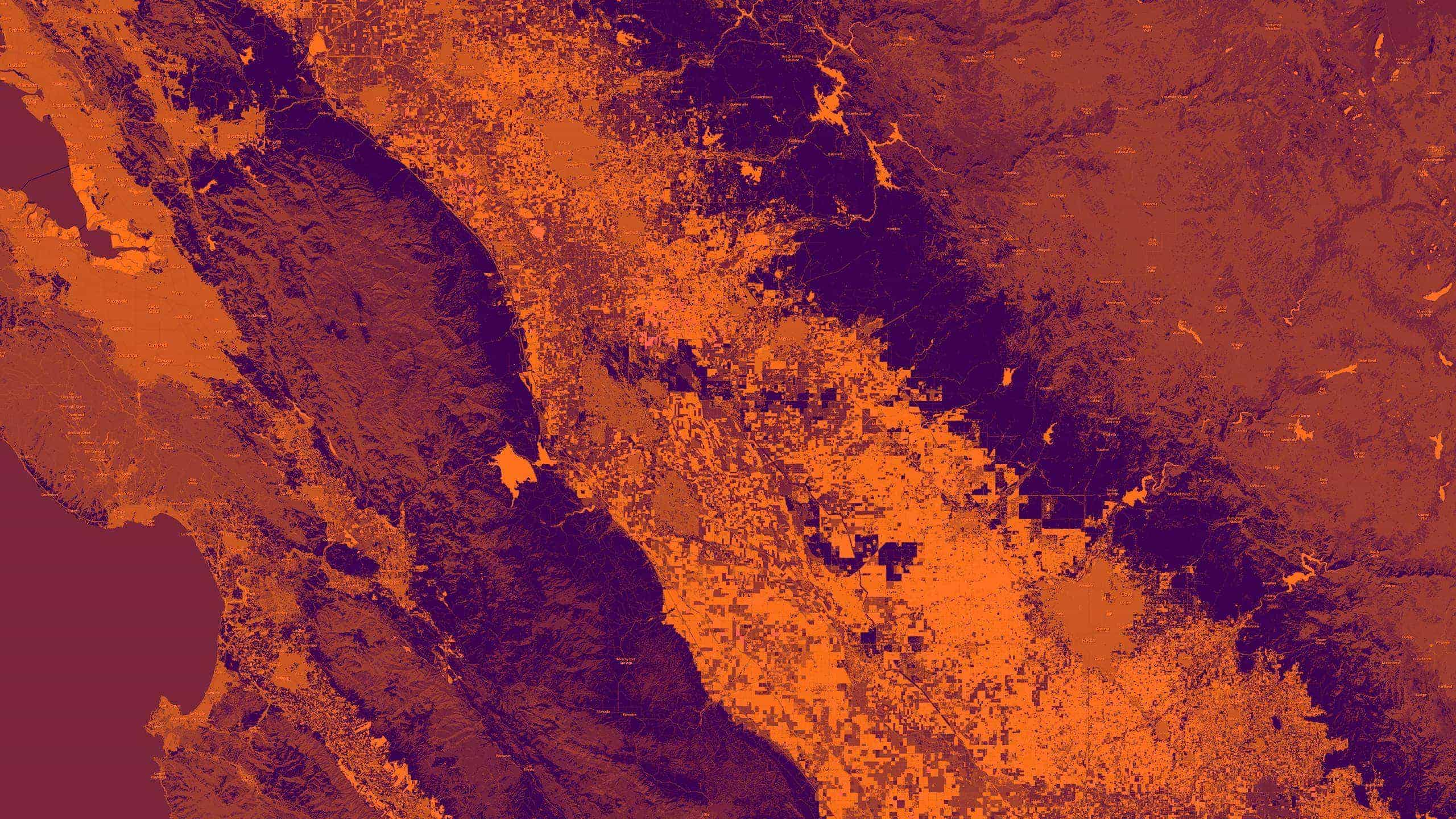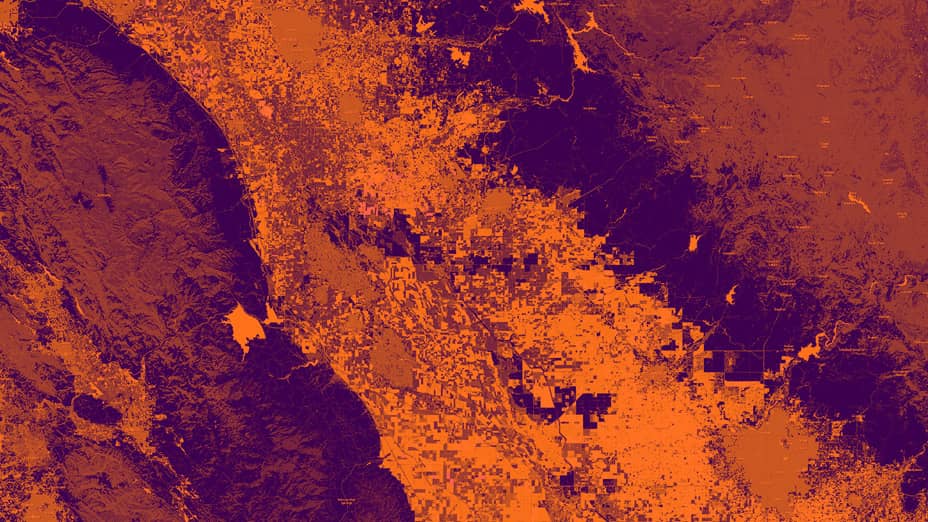Concierge medicine, the practice of paying a membership fee to a doctor in exchange for priority care, has expanded steadily. The business model began to grow rapidly 10 years ago, and the industry publication Concierge Medicine Today pegs its annual growth rate at between 3 percent and 6 percent. Concierge medicine delivers convenience to the patient and a more direct and reliable revenue stream for physicians. The practice has proved popular with busy executives because it obviates long wait times and can ensure access to top specialists.
Forward—a company run by veterans of Google, Facebook, Palantir, and Uber—recently opened an office in San Francisco to deliver concierge service and health diagnostics to the Silicon Valley set. Forward has developed a custom body scanner and diagnostic tools that display data on large touch-screen monitors in its doctors’ offices. Patients can also access this data via a mobile app.
A recent Business Insider article describes Forward’s approach to the market, which involves innovative office design and new forms of data-driven diagnostics, according to author Melia Robinson.
Its flagship location in San Francisco looks like an Apple Store meets “Westworld,” complete with state-of-the-art diagnostic tools and an AI system that listens and takes notes for physicians.
The slick presentation and emphasis on data science have helped Forward gain the kind of attention startups covet, according to Business Insider.
Forward’s vision has made an impression on venture capitalists. Its investors include Khosla Ventures, Peter Thiel’s Founders Fund, Eric Schmidt, and Marc Benioff.
Place History
But for medical practices like Forward that intend to remain on the cutting edge, one particular set of diagnostic metrics with a profound impact on health may be worth considering: location.
The emerging field of geomedicine seeks to remedy that oversight, adding location intelligence to the doctor’s toolkit to help diagnose, treat, and even prevent illness through clues that only location can provide.
Analyzing where someone lives, works, plays, and has traveled can reveal important clues about their health and health risks. According to Bill Davenhall, a health care industry consultant, a simple formula for health risk factors can be expressed this way: Genetics + Lifestyle + Environment = Risk.
This formula aligns with other industry models, which have established that a patient’s social and ambient environment has a significant impact on his or her health outcomes and behavioral choices. Yet, patient diagnostics typically focus on the first two aspects of the formula, often ignoring the last. The emerging field of geomedicine seeks to remedy that oversight, adding location intelligence to the doctor’s toolkit to help diagnose, treat, and even prevent illness through clues that only location can provide.
As Davenhall wrote in an ebook on geomedicine:
Much like a blood test provides useful clues to underlying health problems that doctors can’t always see at the surface, your street address can also provide valuable contextual information, medically speaking. This is possible because of a vast system of linked data.
A great deal of research has gone into relating what happens in the environment to human health, including the impacts of contaminants and pathogens. Environmental pathologists dig deep into data to uncover correlations to improve both diagnosis and treatment.
Doctors with hyperlocal insight into where a patient lives, works, plays, and has traveled can more readily understand the water-, air-, and soilborne contaminants to which a patient has been exposed. Location also helps pinpoint exposure to different vectors (such as mosquitos and ticks) and the pathogens they carry (such as the Zika virus or Lyme disease).
It’s time to leverage information pertaining to our environment. Modern technology makes it possible to understand the ambient, social, and built environment in ways that can help doctors gain insight and improve decision-making for their patients.
Concierge medicine providers, focused on data-driven patient care, may do well to add location-based data analysis to their diagnostic mix.
[Main photo courtesy of Jesse Orrico]





